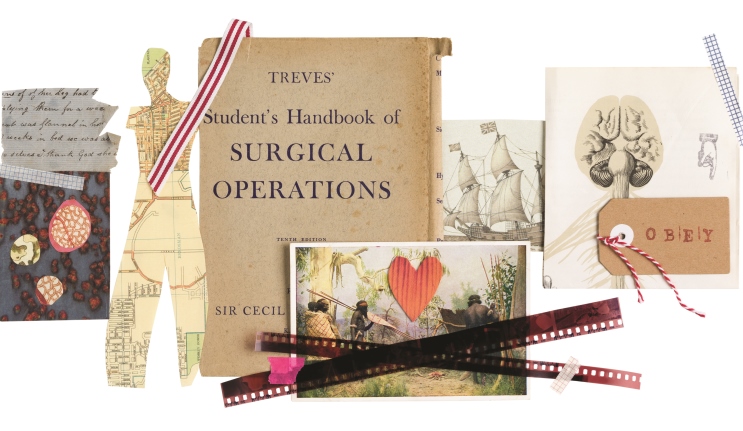
RESEARCH NEWS
Shocking film
In the famous Milgram experiments in social psychology, performed over 50 years ago, subjects were instructed to give electric shocks of increasing intensity to another person (an actor pretending to be another subject) each time the person failed an experimental task.
Prompted by the defence of Nazis who claimed they were just following orders, the experiments were designed by Yale University psychologist Stanley Milgram to measure the willingness of study participants to follow the orders of an authority figure, even when the acts conflicted with their own conscience.
Although he staged 25 versions of the experiment in May 1962, 14 participants were secretly filmed in the one experiment that saw most people (65 per cent) obey, with Milgram claiming the film as evidence that most people obeyed orders regardless of their own feelings of distaste.
“I think Milgram was an incredibly skilled dramatist,” says Professor Kathryn Millard who, in her role as Professor of Film and Creative Arts in the Department of Media, Music, Communication and Cultural Studies, has revisited Milgram’s documentary.
“My starting point was: what about all the people who resisted? If 65 per cent of people blindly obeyed the experiment, there’s still a really significant number of people who did not, and I wanted to find out more about that and tell those stories.”
Millard’s film restaged the experiments, exploring the choices people make when they obey or disobey authority.
“What I wanted to do was restage and reinterpret Milgram’s obedience to authority experiments for a contemporary audience with characters that we might identify with,” she says, adding that Milgram’s black-and-white film, which featured middle-aged white men, feels very ‘remote’ to today’s viewer.
Though the effect of the experiment on the subjects was widely assumed to be traumatic, most of the 659 of the 800 volunteers who provided feedback at the end of the experiment said they were glad to have participated, and felt they had made an important contribution to science.
“What always interested me was that in his film, people clearly don’t blindly obey – they are quite anguished, torn between their desire to contribute to what seems to be a valuable experiment, and their concern about whether they’re harming somebody.”
Stay up to date with research breakthroughs at mq.edu.au/ research-impact